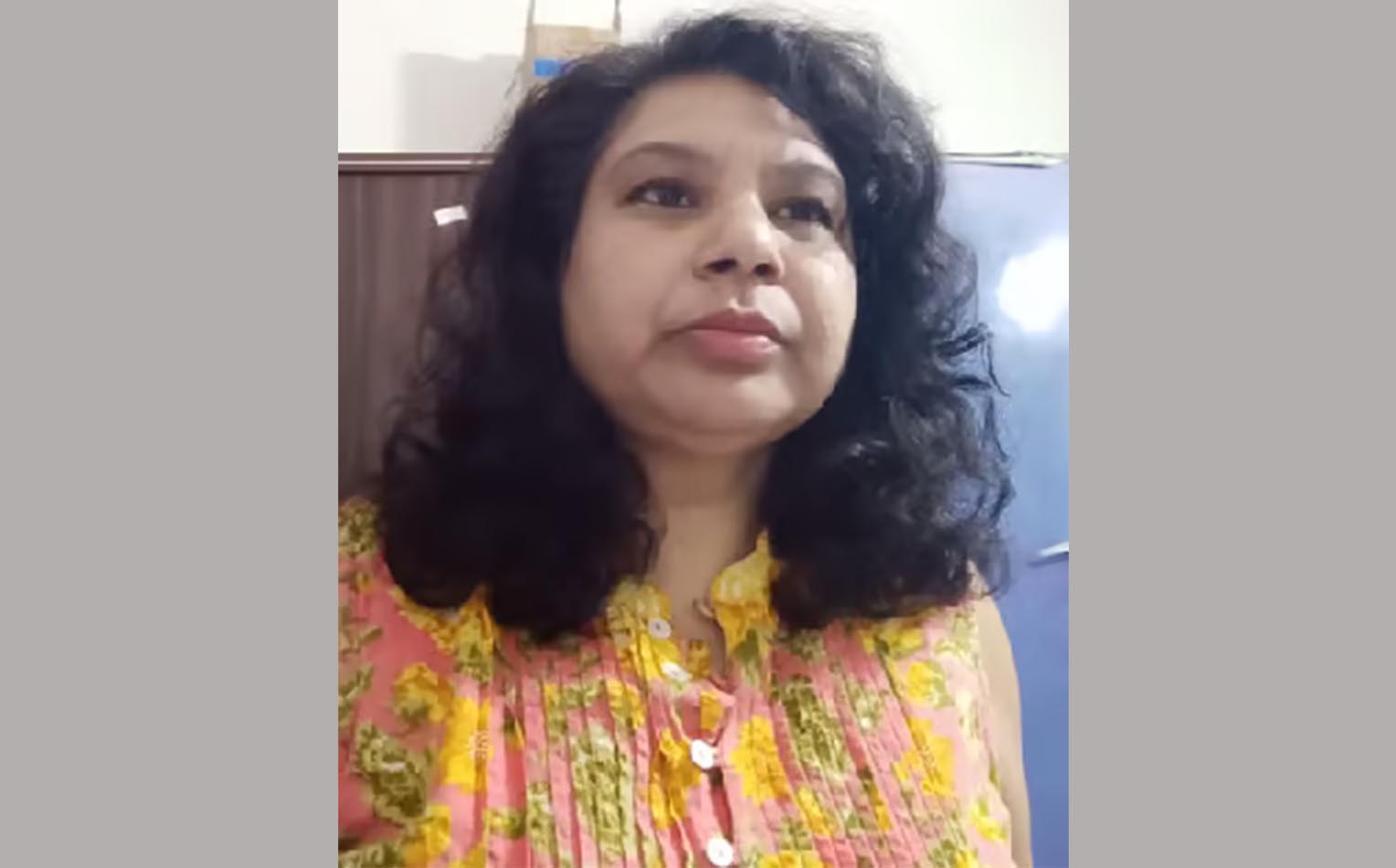
“I approached higher authorities, including the director, to address the caste-based atrocities, but my concerns were ignored. Shockingly, my harasser was promoted to an additional charge at NCL Pune, and I was handed a fraudulent charge sheet.” The scholar told The Mooknayak about how her attempts to approach the authorities all but failed.
According to The Mooknayak, Arti Harle, a Dalit woman scientist employed at the CSIR-National Chemical Laboratory (NCL) in Pune, has come forward with disturbing claims of caste-based discrimination, mental harassment, and financial distress. She spoke of it in an Instagram reel where Hatle was seen reportedly contemplating a fast unto death. Harle asserts that her merit-based promotion has also been unjustly withheld since 2014. Furthermore, she has said that her salary was unlawfully halted in November 2020, which ended up plunging her into a severe financial crisis and also left her homeless as she was forced to vacate her quarters.
Harle spoke to The Mooknayak, saying that she began her career at the Institute of Microbial Technology in Chandigarh and that caste discrimination has been a norm for her. She has faced caste discrimination, molestation, and various forms of harassment. She had been hoping for a fresh start following which she transferred to the National Chemical Laboratory in Pune, only to encounter a continuation of similar discriminatory practices.
Harle outlined a systematic denial of access to essential resources such as basic infrastructure, scientific instruments, and chemicals required for her scientific work at NCL. Furthermore, she shared her experience of facing untouchability at the institute. She was officially appointed for the maintenance of the Electron Microscope Facility, but despite holding the position, she was denied from entering the facility.
Furthermore, she revealed a harrowing experience of physical violence. In 2016, a colleague attempted to physically harm her in May 2016, within the NCL campus. Despite the gravity of the situation, she has shared in the report, the director, Dr. Ashwini Nangia, reportedly refused to involve the police, and to date, no FIR has been filed.
This is not an isolated incident. India routinely witnesses several incidents of violence and discrimination in workplaces and research institutes against Dalits. In August 2023, a Dalit assistant professor at Banaras Hindu University came forward against two fellow assistant professors and two students, alleging incidents of assault, molestation, and humiliation. After the complaint an FIR was filed in Varanasi on August 27, marking a delayed response of over three months since the purported incident. The complainant asserted that the police initiated the case only after she reached out to the Human Resource and Development Ministry, the Scheduled Castes and Scheduled Tribes Commission, and the Chief Minister’s Office.
Similarly, a PhD holder from Osmania University in Hyderabad has been protesting for more than 50 consecutive days. Dr. J Padmaja has been fighting for employment, justice, and an end to discrimination since early November 2023, she has maintained a protest at the entrance of the university in Hyderabad, Telangana. She has also stated that the university’s Vice-Chancellor Prof D Ravinder Rao and the OU Teachers’ Association are perpetrating caste and gender discrimination. Dr Padmaja earned a PhD in chemistry in 2013. Her allegations extend beyond the recent job interview, asserting that discrimination based on her caste and gender has plagued her since her admission to the university for her PhD. Recounting her experiences, Dr. Padmaja asserts, “From the very beginning, both the administration and teaching staff subjected me to harassment rooted in my caste and gender.”
Her grievances include facing casteist remarks and sexual harassment from her PhD supervisor, retired professor Anjaneyalu, and the then VC of Osmania University, S Satyanarayana. In 2013, when she attempted to file a police complaint against the duo for ongoing harassment, her complaint was rejected by the police. However, the situation only got worse for her there onwards. She spoke to Edex Live stating, “All these actions are a conspiracy to harass and punish me; to stop me from getting what is rightfully mine. Just because I am an SC woman, they are brazenly attacking me.”
These struggles and words by Dalit scholars and teachers belie the existing situation which seems bleak. The existing statistics show dismal figures of Dalits in academic fields. While, focus is given to the number of students, how the workplace for these students will be when they leave these institutes is oft ignored. For instance, according to a report by UnDark, in 2019, the enrolment of Dalit researchers in doctoral programs at the prestigious Indian Institutes of Technology varied from 6 percent at IIT Delhi to 14 percent at IIT Kharagpur. The Indian Institute of Science in Bengaluru saw 12% of researchers admitted to PhD programmes who identified as Dalits. When examining data from the Council of Scientific and Industrial Research, a major government research institution, only 12 out of 33 laboratories met the 15% Dalit admission threshold.
These statistics are even more alarming when looking at the representation of Dalits among senior academics. According to the UnDark report, in 2020, IIT Bombay and IIT Delhi had no Dalit professors, contrasting sharply with 324 and 218 professors, respectively, in the General Category, which encompasses upper-caste Hindus and some members of religious minorities. IISc had two Dalit and 205 General Categories for the post of professors in 2020, with none of the department heads being Dalit. Additionally, the report stated that five out of the seven science schools at Jawaharlal Nehru University did not have a single Dalit professor.
